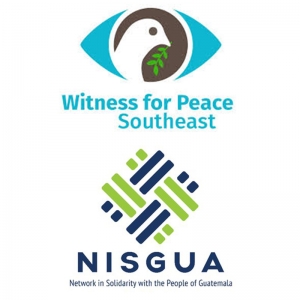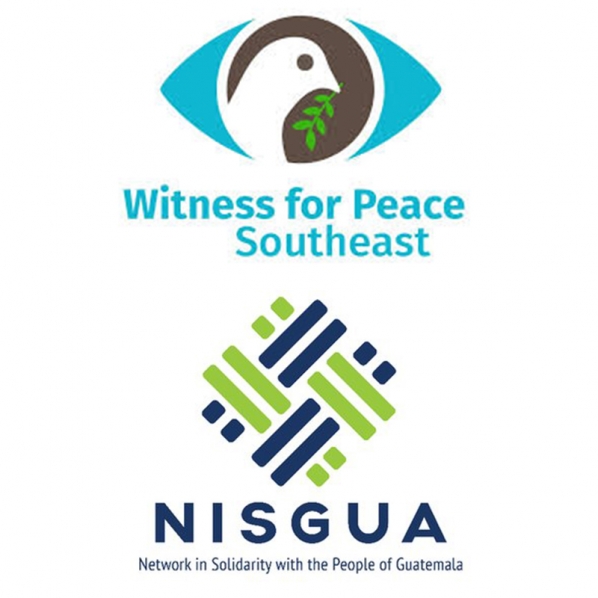Indigenous Struggle to Recover Ancestral Rights and Territory in Guatemala in the Face of Forced Migration (a bilingual lecture)
with Elodia Castillo Vasquez (Ch'orti' Maya Indigenous Authority and President of COMUNDICH, Guatemala) and Roderico Y. Díaz (Kaqchikel Maya Photojournalist, North Carolina)
Wednesday, March 4, 2020
6:30-8:30 p.m.
Reich College of Education Building, Rooms 124B & C
This event is free and open to the public.
This bilingual presentation will be on recovering ancestral territory and rights under the threat of a militarized state; the current political situation and the effects of the recent state of siege in Guatemala; the fight for historical memory and justice after genocide in Guatemala; the effects of U.S. policies "Alliance for Prosperity" and the "Third Safe Country" agreement and how to take action in solidarity with grassroots communities in Latin America. For more information, visit www.tiny.cc/SpeakersTour.
Sponsored by College of Arts and Sciences Departments of Anthropology, History, Interdisciplinary Studies, Sociology and the Center for Judaic, Holocaust and Peace Studies.
Network in Solidarity with the People of Guatemala (NISGUA) and Witness for Peace Southeast event.
###
About the Department of Anthropology
The Department of Anthropology offers a comparative and holistic approach to the study of the human experience. The anthropological perspective provides a broad understanding of the origins as well as the meaning of physical and cultural diversity in the world — past, present and future. Learn more at https://anthro.appstate.edu.
About the Department of History
The Department of History offers a broad curriculum in local, national, regional and world history at both the undergraduate and graduate levels, which encourages history majors to develop a comprehensive approach to human problems. The study of history is an essential part of a liberal arts education and offers valuable preparation for many careers, such as law, journalism, public history, public service and business, as well as in teaching and the advanced discipline of history. Learn more at https://history.appstate.edu.
About the Department of Interdisciplinary Studies
The Department of Interdisciplinary Studies offers degrees in three program areas: global studies; gender, women’s and sexuality studies; and interdisciplinary studies. The department is also home to Watauga Residential College, an interdisciplinary, alternative general education program. The department promotes creative and imaginative engagement through a cross-disciplinary investigation of complex systems and problems. Learn more at https://interdisciplinary.appstate.edu.
About the Department of Sociology
The Department of Sociology offers a Bachelor of Arts and six Bachelor of Science concentrations (applied research methods; criminology; deviance and law; families and intimate relationships; gerontology; social inequalities; and individually designed, which requires departmental approval). The department also offers minors in sociology and gerontology, plus two online graduate certificates in gerontology and sociology. Learn more at https://soc.appstate.edu.
About the Center for Judaic, Holocaust and Peace Studies
Appalachian State University’s Center for Judaic, Holocaust, and Peace Studies was founded in 2002 to develop new educational opportunities for students, teachers and the community. Located administratively within the College of Arts and Sciences, the center seeks to strengthen tolerance, understanding and remembrance by increasing the knowledge of Jewish culture and history, teaching the history and meaning of the Holocaust, and utilizing these experiences to explore peaceful avenues for human improvement and the prevention of further genocides. The Center for Judaic, Holocaust, and Peace Studies is an associate institutional member of the Association of Jewish Studies, a member of the Association of Holocaust Organizations and a member of the North Carolina Consortium of Jewish Studies. Learn more at https://holocaust.appstate.edu.

